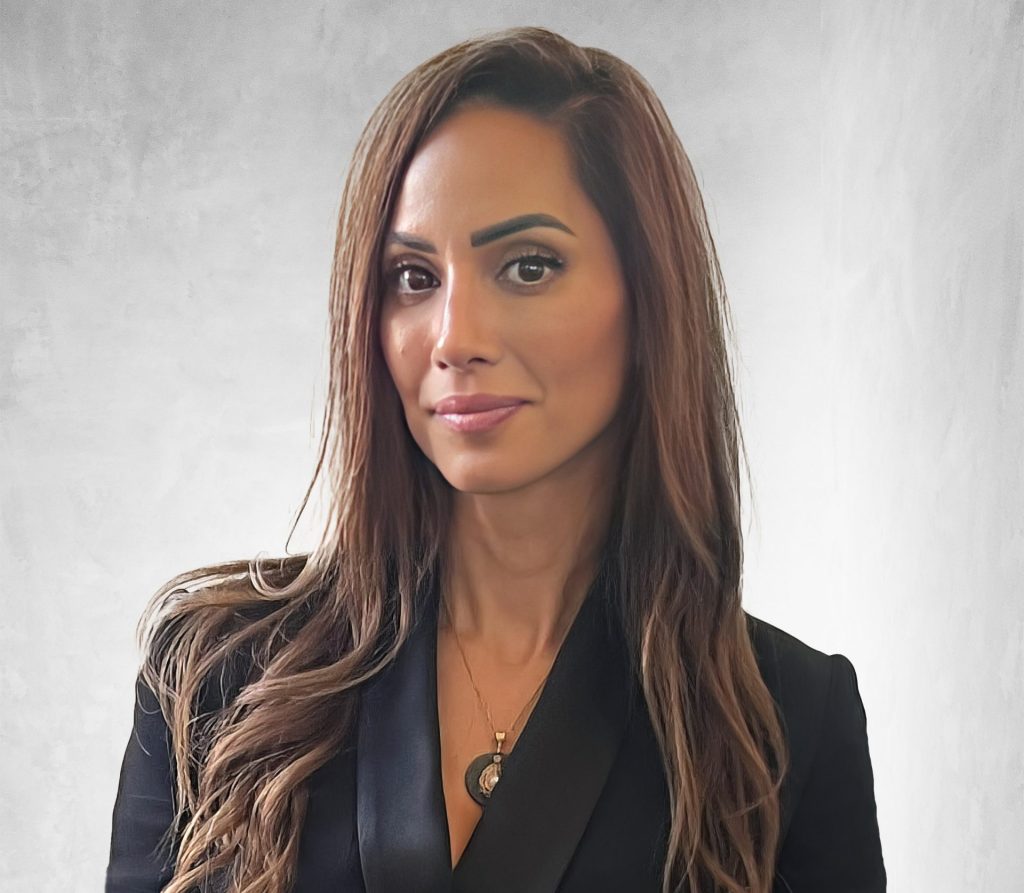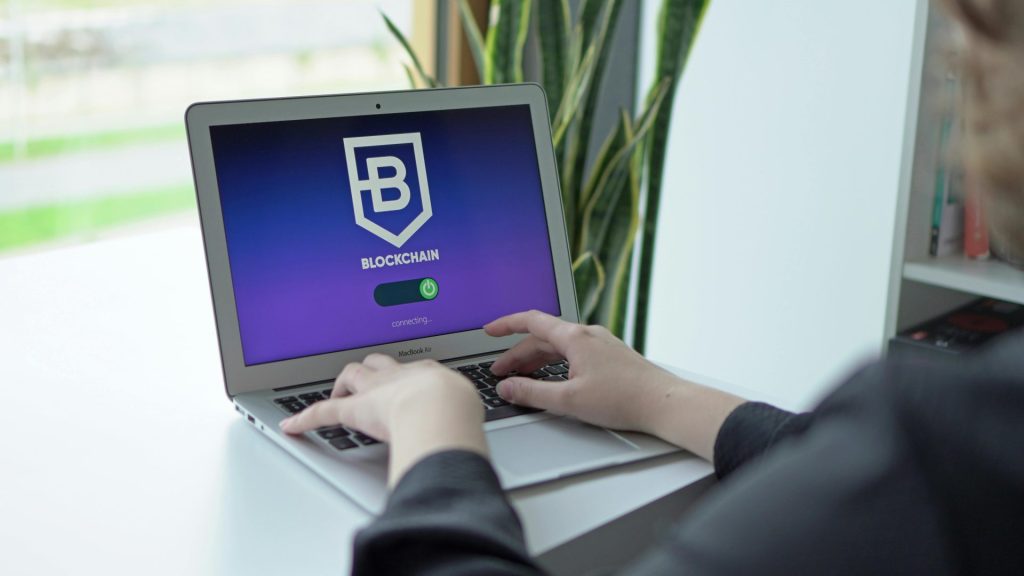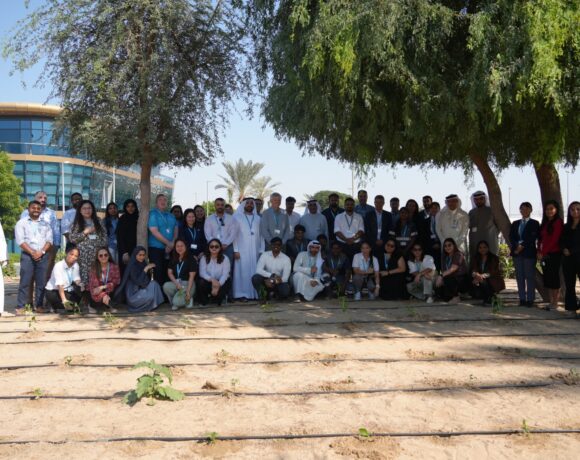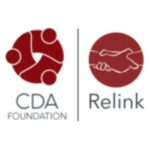Women in the Middle East must seize lucrative blockchain careers

EXCLUSIVE: By Zina Ashour, Founder, Women In Crypto Arabia
The blockchain industry is rapidly transforming the global economic landscape, offering innovative solutions and new career opportunities. This emerging field presents a unique chance for women in the Middle East to break traditional barriers and build successful careers. As the founder of Women in Crypto Arabia, I believe in the power of education and community to drive this change.
Blockchain potential
Blockchain technology is revolutionising various sectors, from finance to healthcare, by providing a decentralised and transparent framework. This technology can empower women by offering them tools to manage their financial lives independently, thus bridging the gap in financial inclusion and legal protection that many women in the Middle East face.
Education and skills
Education is not just a stepping stone but the key to unlocking blockchain’s potential. Programmes that equip women with the necessary skills to excel in blockchain and other tech fields are indispensable.
Mastering programming languages such as JavaScript and Solidity, which are vital to blockchain development, can open up many opportunities. This highlights the importance of continuous learning and skill development in this rapidly evolving field.

DeFi and NFT opportunities
Decentralised Finance (DeFi) is a promising area where women can thrive. DeFi allows women to manage their finances independently and securely by eliminating intermediaries. This is particularly beneficial in regions with limited access to traditional banking services. Participation in DeFi can lead to financial autonomy and contribute to the broader blockchain ecosystem.
Blockchain’s decentralised nature fosters financial independence and nurtures creativity. Non-fungible tokens (NFTs) empower artists and creators to tokenise their work and reach global audiences without intermediaries.
While NFTs are commonly associated with digital art, their applications extend far beyond this, including real estate, intellectual property, and supply chain management. This versatility ensures that women can leverage NFTs in multiple ways, enriching not just the economic but also the cultural landscape of the Middle East. It is a testament to the breadth of opportunities available in the blockchain industry.

Challenges and solutions
Despite the vast opportunities, challenges remain. Cultural and societal norms can sometimes hinder women’s participation in the tech industry. However, these barriers can be overcome with the proper support and resources. Dedicated organisations and initiatives are crucial in providing mentorship, education, and networking opportunities for women aspiring to enter the blockchain field.
Job market and opportunities
The job market for blockchain professionals is expanding rapidly in the Middle East. According to the latest data, over 230 blockchain job vacancies are in the region, spanning roles such as blockchain developers, project managers, and consultants.
Countries like the UAE are becoming global hubs for blockchain and Web3 initiatives, with significant investments and employment opportunities. Additionally, non-commodity-based economies with strong higher education rates, such as Jordan, Lebanon, and Tunisia, offer ripe opportunities for educated women to enter this exciting sector.
Moreover, the demand for blockchain expertise is not limited to technical roles. There is a growing need for legal compliance, marketing, and business development professionals within the blockchain space. Women with diverse skill sets can find rewarding careers by leveraging their unique perspectives and experiences.
For instance, legal professionals can specialise in blockchain regulations, while marketers can develop strategies to promote blockchain products and services.

Entrepreneurial potential
The potential for women in the blockchain industry extends beyond individual career growth. By participating in this field, women can contribute to the broader economic development of the Middle East.
Blockchain technology can drive innovation in various sectors, including finance, healthcare, and supply chain management, leading to increased efficiency and transparency. Women’s involvement in these areas can help shape the future of the region’s economy and create a more inclusive and equitable society.
Furthermore, the rise of blockchain technology presents an opportunity for women to become entrepreneurs and innovators. By starting their blockchain-based businesses, women can create new products and services that address specific needs within their communities.
This entrepreneurial spirit can lead to the development of new markets and the creation of jobs, further contributing to the economic growth of the Middle East.
Conclusion
The blockchain industry holds immense potential for women in the Middle East. By embracing education, leveraging decentralised finance, and exploring the creative possibilities of NFTs, women can carve out lucrative and fulfilling careers in this dynamic field. As we continue to support and empower each other, we can create a more inclusive and equitable future for all.
Featured image: Women in the Middle East can carve out lucrative and fulfilling careers in the blockchain industry. Credit: Tima Miroshnichenko
Zina Ashour is a leading marketing strategist, passionate blockchain enthusiast, and certified metaverse expert. With over two decades of start-up experience and expertise in branding, advertising, and blockchain, Zina advocates for women’s involvement in blockchain and crypto as the founder of Women in Crypto Arabia.
Zina Ashour: https://www.linkedin.com/in/zinaashour/












